
To get ahead, Apple must leave Steve Jobs behind
Second in a series. My last column looked at Apple’s immediate challenges in the iPhone business, while this one looks at the company’s mid-to-long term prospects and how best to face them. The underlying question is whether Apple has peaked as a company, but I think the more proper way to put it is how must Apple change in order to continue to grow?
Even as some analysts are downgrading Apple based on reported cancellation of component orders, saner heads have been crunching the numbers and realized that Apple still has a heck of an iPhone business. So if you are a trader I think you can be sure Apple shares will shortly recover, making this a buying opportunity for the stock.

The PC is dying? My own customers prove just the contrary
There's an excellent debate raging on the front pages of BetaNews for the past few weeks, and it's a topic that I feel quite entrenched in. Seeing as my computer repair business FireLogic deals with customers of all types on a daily basis, I thought I should drop my own two cents in on the subject. Joe Wilcox has argued the death knell for the PC is just about here, while a few others, like Wayne Williams (and myself), dispute the notion with quite the vigor.
I think this topic deserves some definite attention because there seems to be a perception out there that the rise in mobile devices such as tablets, smartphones and the like will completely eradicate the traditional PC. It's a touchy topic for my colleagues in the computer repair industry, and something that is frequently debated on the forums of a website dedicated to "our kind" over at Technibble.com.
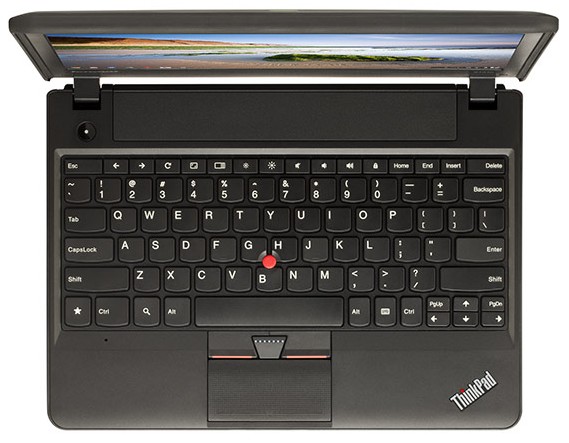
Is the Lenovo Chromebook right for education?
That's the question we're asking in the newsroom, and the consensus is "No", and that most certainly is my initial reaction. But on further examination, I'm at "depends", meaning for some schools but not for many others. Here size of school district matters, because Lenovo commits considerable extra IT-oriented resources to this newest ThinkPad that should appeal to people managing larger-scale deployments. But smaller schools, such as charter, private or small town, should consider spending less on another model.
Today the two companies announced the new computer, ThinkPad X131e Chromebook, which goes on sale February 26. Quick specs: 11.6-inch display with 1366 x 768 resolution; Intel Celeron processor; 16GB sold-state drive; webcam; Ethernet; dual-bad Wi-Fi N; 2 USB 3.0 ports; single (separate) ports for USB 2.0, HDMI and VGA; and Chrome OS. Lenovo doesn't state which processor or provide dimensions but does give weight as 1.8 kilograms (3.9 pounds). Price is $429, or $459 with recommended IT maintenance service.
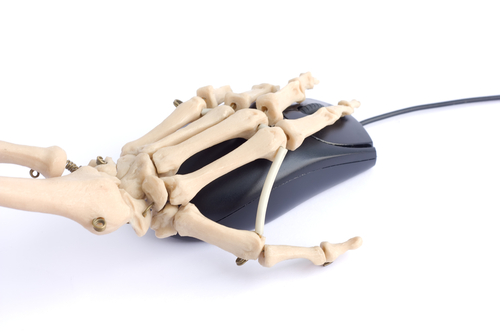
Give up the PC? Get real! You’d have to pry the keyboard and mouse from my cold, dead hands
My friend and colleague Joe Wilcox has a long history of quitting tech. He famously declared his independence from Apple and a month ago said he was done with Facebook. Yesterday he announced he was quitting the PC, and switching to using a Google Nexus 10 as his primary computing device. He says the journey will be tumultuous, I say why do it then?
The truth is, the transition for Joe probably won’t be that difficult. He currently uses a Chromebook as his PC and has embraced the cloud. He is a PC user, but he’s not a real PC user. A real PC user can’t just switch to a tablet and after a few weeks be happy with the change. I love my iPad, and I loved Surface for the short time I had it. But a tablet could never be a replacement for my desktop system.

Security Essentials fails 'AV-Test Certified' stamp of approval and Microsoft says it does not matter
Three days ago, the AV-TEST Institute published its latest results for consumer security product testing, which was conducted on Windows 7 during a two month period, through November and December 2012. From the 25 security solutions analyzed in the roundup, only three products failed to receive the recognized AV-TEST certificate, one of which was Microsoft's own Security Essentials.
The software giant was prompt to respond to the latest test results, by emphasizing that "a rigorous review" is conducted in-house "whenever test results warrant it". Obviously, Microsoft does not shoot itself in the foot, as you may assume, and provides a number of internal test results in order to reassure users that Security Essentials is not as bad as the AV-TEST Institute may suggest. Question is: Why put itself on the spot in the first place?
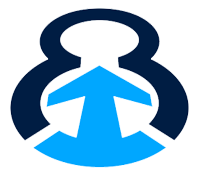
Stardock Start8 1.1 gains new features, including drag-and-drop and multi-monitor support
Stardock Corporation has released the first major update for its Windows 8 Start button and menu replacement. Start8 1.1 adds full drag-and-drop support, plus allows users to pin folders to the Start menu that can be viewed as a Jump List.
Version 1.1 also adds rename support, an option to access the Quick Access menu via the Start button and a Custom places location along with numerous other tweaks and improvements.
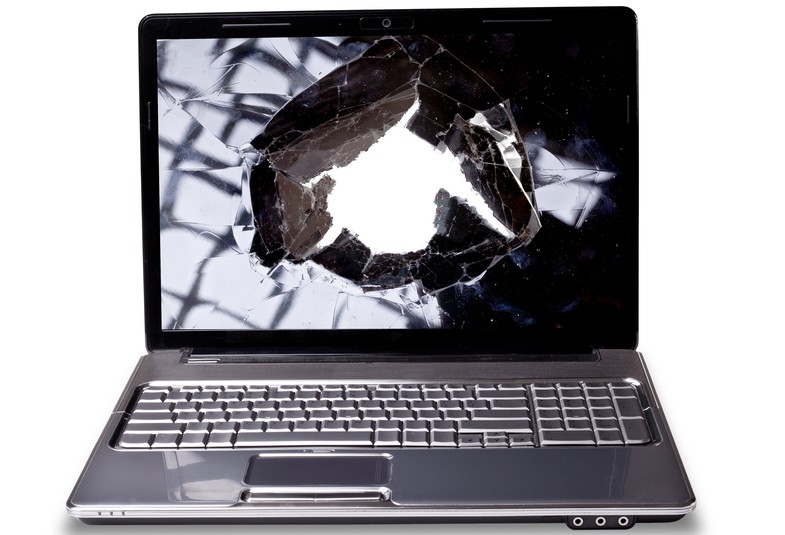
The PC is dead to me, or soon will be
Later this month, I plan to jump cold feet into the next computing era by making a tablet my primary PC. I was all primed to start last year, but improved Google Chromebooks derailed the experiment. New year is here and good time for a computing resolution. Already, I made major computing platform shift in 2012 -- ARM, Android and Chrome OS. I'll write about the journey, which surely will tumultuous, at least to start.
I won't go alone. Yesterday morning, my wife asked about trading up to a larger tablet (she used the Nexus 7 I bought her in July). The request was totally unexpected. I added her as another user to my Nexus 10 and let her play around. She likes! She likes! So I ordered her the larger tablet, planning to sell the older one (and some other gear, to cover cost). The idea: We would together go tablet as main devices, with Chromebook as backup (hey, sometimes you need Flash, for example). We will share my Nexus 7, which has HSPA+ radio, to carry around when out and about (me sitting in the man chair while the women shop; she while, say, waiting for her dad at the doctor's office). But both of us will primarily use our own Nexus 10s.
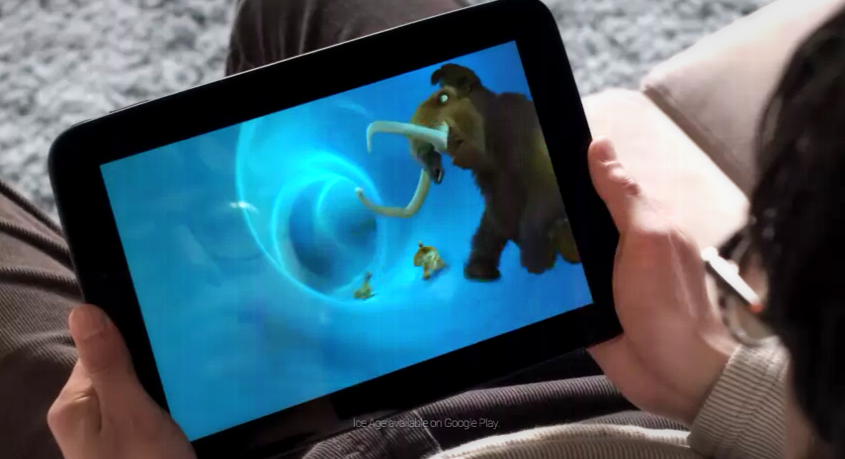
Android developers can use the Google Nexus 10 as a testing device
If CES 2013 and other major trade shows are of any indication, a plethora of Android devices are launched on a frequent basis, sporting different display configurations. For consumers that may not mean much (aside from which device to get next), but developers have to verify if apps are rendered properly across different resolutions and pixel densities. But buying all available smartphones and tablets is not a financially-sound decision, when a Google Nexus 10 gets the job done by itself.
The Samsung-made tablet sports a large 10.1-inch display featuring a whopping 2560 by 1600 resolution and a 300 ppi density. As a result, according to Adam Powell, working as Android framework engineer at Google, the Nexus 10 can be used by app developers to test user interfaces in "pretty much all environments". The question is: "How?"
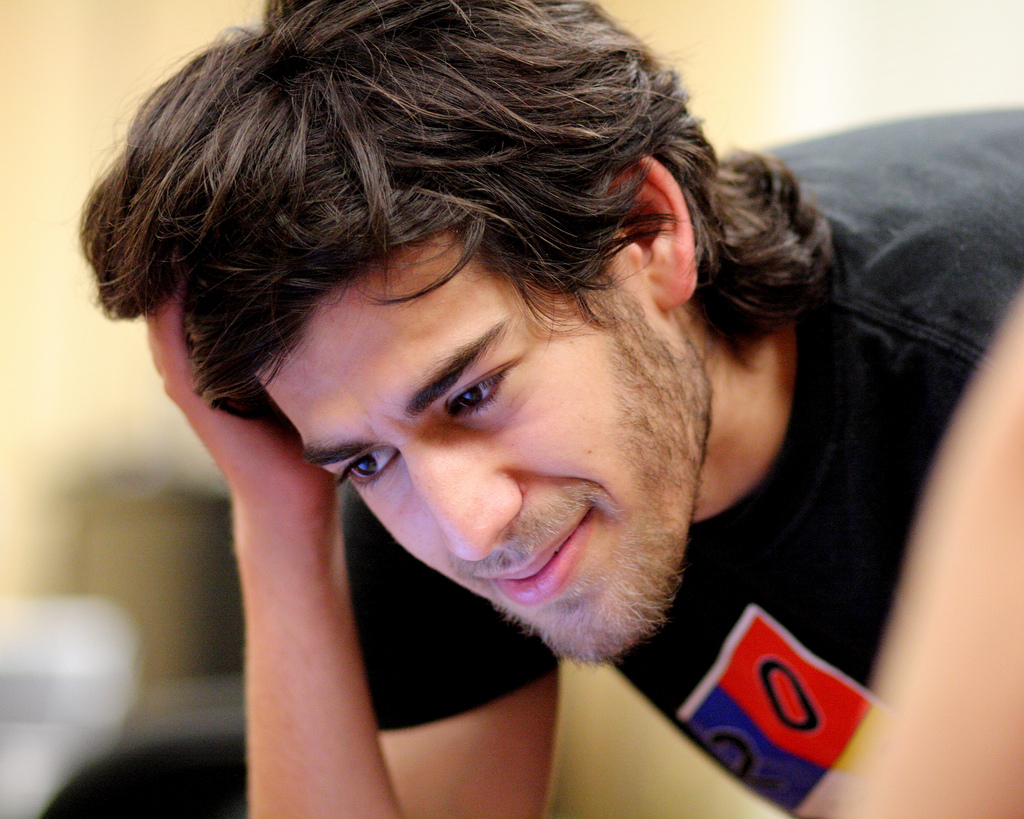
Who is Aaron Swartz?
I am not a geek, hacker or programmer but simple storyteller. Some stories are unbearable to write, such as this one -- about an amazing geek and hacker who died suddenly, sadly on January 11. The world lost someone special two days ago. As you prepared for your weekend fun, he contemplated the last moments of life before taking it. You can blame the US government, as his family does and I do. A bright star has gone dark on the Internet firmament, and we'll never know what won't be seen because of it.
I didn't know Aaron Swartz, just of him. I followed some of his accomplishments and legal woes, which surely were catalyst for his final decision. Around the InterWebs, the 26 year old is described in many ways: "programmer"; "hacker"; "activist"; "advocate". His work almost certainly touches your daily life. Swartz co-authored RSS 1.0; he helped architect Creative Commons; he was serendipitous Reddit cofounder via acquisition of his company Infogami; and he was one of the most vocal, active and successful SOPA (Stop Online Piracy Act) opponents.
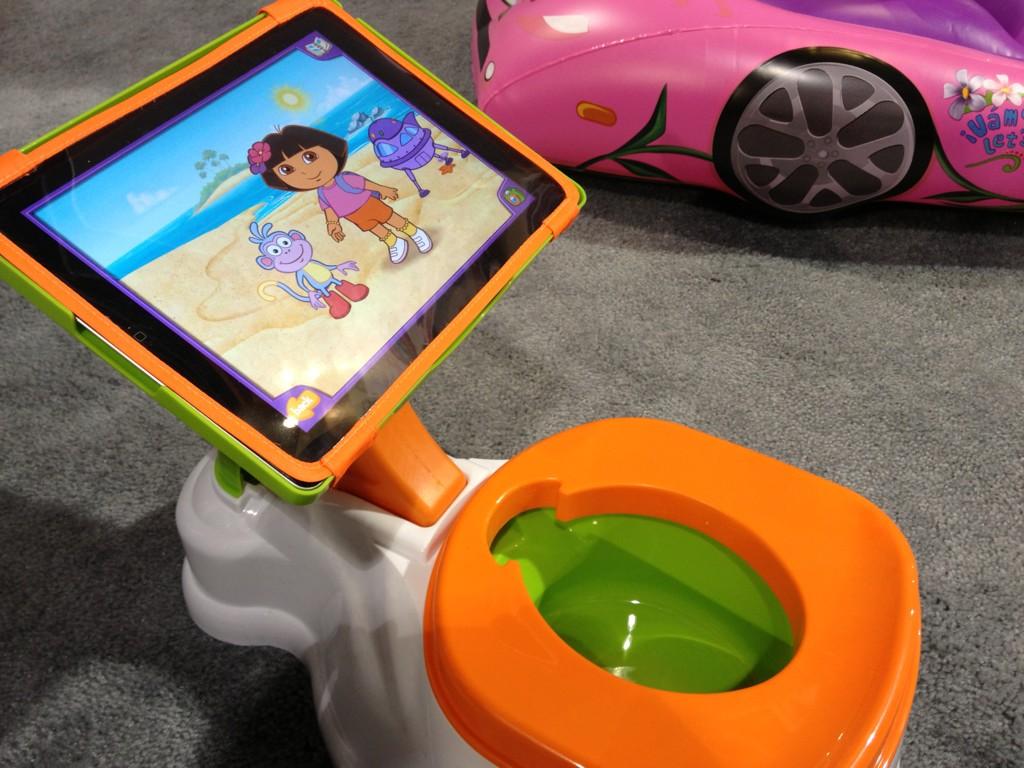
5 weirdest tech products unveiled at CES 2013
Four days ago I reported about "5 CES 2013 pre-show announcements you should know about". As the show leads towards a (long awaited) finale, let's take a look at the five weird pieces of tech unveiled since Sunday.
Some serve as part of the "What were they thinking?" lesson in announcing new products, while others are good examples of tech gone too far. Since quantifying which one's more out of place than the other, the following five products will be listed in a non-particular order. Feel free to name the weirdest of all in the comments below. Be advised, that's no easy task to undertake!
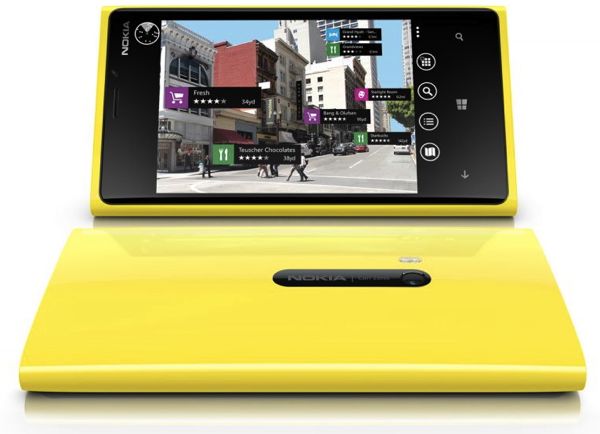
4.4 million Nokia Lumia sales is not impressive at all
Windows Phone 8 is not the cure for Nokia's woes. Today the Finnish phone manufacturer released preliminary financial results for fourth quarter, managing to move just 4.4 million Lumia units.
Nokia, however, remains optimistic when it comes to sales that, at least theoretically judging by timing and product releases, should be much, much higher compared to actual preliminary numbers. The company states that "Devices & Services has exceeded expectations and achieved underlying profitability in the fourth quarter 2012", but fact is the most popular smartphone series comprises of Asha devices with 9.3 million units sold, and not Lumias. Basically the cheaper and more modest smartphones drive the "exceeded expectations" and "underlying profitability" at a first raw glance.

Amazon AutoRip Changes EVERYTHING
The most important tech news this week isn't from the Consumer Electronics Show. Amazon earns distinction, with a new service that, if rightly executed, could change how everyone buys digital content. Not since Apple licensed digital tracks for the iTunes Store in early 2003 and later secured deals allowing consumers to buy a single and get the rest of the album for appropriately-reduced cost is a music service so provocative. Amazon AutoRip is as big as DRM-free and looms over Apple's iTunes Match -- and both transform music licensing and consumption.
Can you feel it? The Earth shook today, and nothing will be the same because of it.

Warning: That Cisco phone on your desk may be spying on you
If your office, like many others in businesses around the world, uses Cisco-branded telephones then you may have a big problem. The networking company issued a security advisory with the catchy name "cisco-sa-20130109-uipphone".
"Cisco Unified IP Phones 7900 Series versions 9.3(1)SR1 and prior contain an arbitrary code execution vulnerability that could allow a local attacker to execute code or modify arbitrary memory with elevated privileges", the notice warns.

The trick to stealing Hollywood is...
Third in a series. Some readers of my last column in this series seem to think it was just about the movie business but it wasn’t. It was about the recorded entertainment industry, which includes movies, broadcast and cable television, video games, and derivative works. It’s just that the movie business, like the mainframe computer business, learned these lessons first and so offers fine examples.
Whether from Silicon Valley or Seattle, technology companies see video entertainment as a rich market to be absorbed. How can Hollywood resist? The tech companies have all the money. Between them Amazon, Apple, Google, Intel and Microsoft have $300 billion in cash and no debt -- enough capital to buy anything. Apple all by itself could buy the entire entertainment industry, though antitrust laws might interfere.
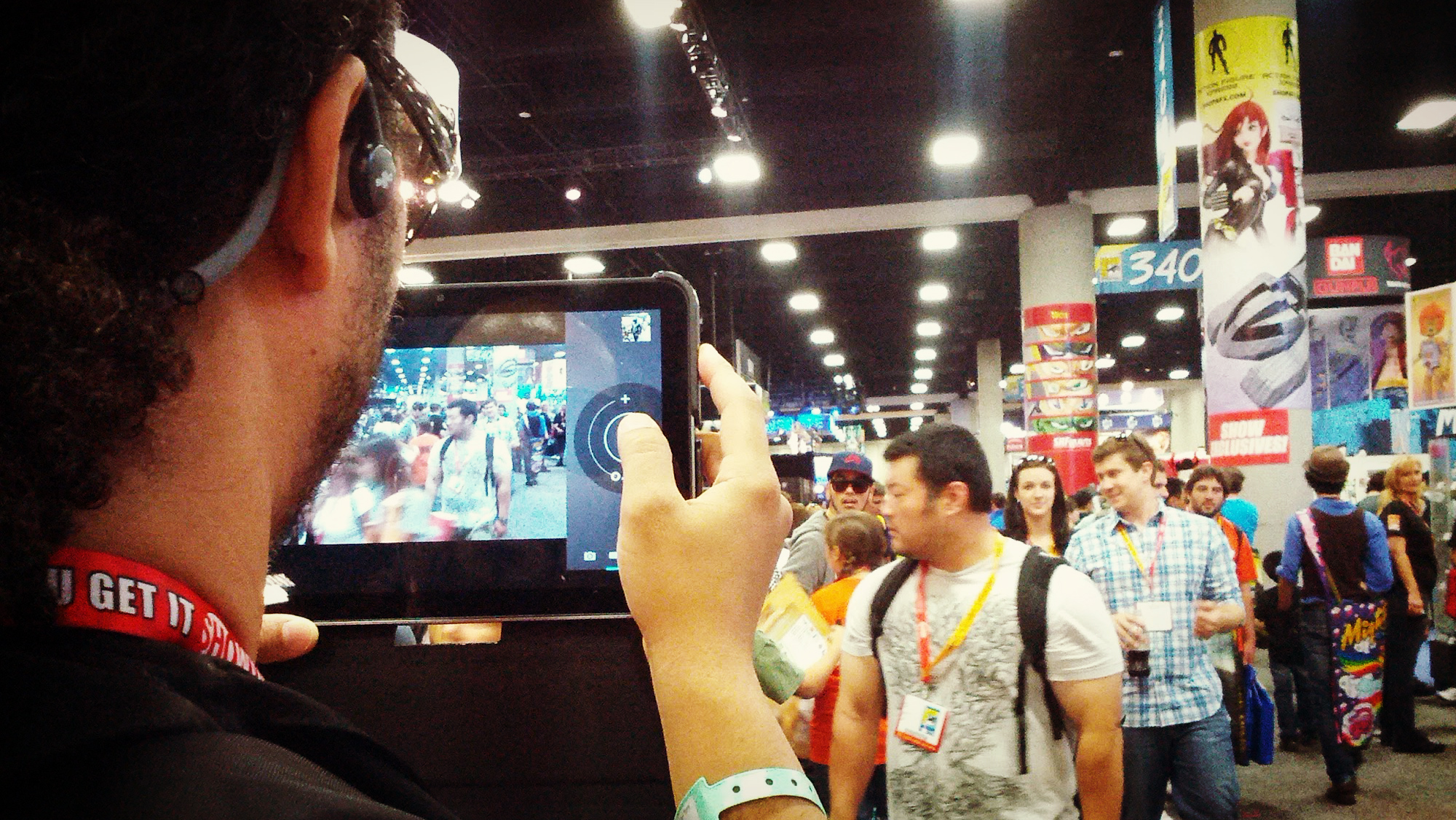
Which size tablet is right for you?
There is no shortage of new tablets being announced at this week's Consumer Electronics Show -- Acer Iconia B1-A71, Polaroid M7 and M10 and VIZIO 11.6" Tablet PC, among many others. Meanwhile, NPD DisplaySearch forecasts that global tablet shipments will surpass notebooks this year. But what's interesting is a dramatic shift in size preference, which is why I want to know: Which is right for you?
DisplaySearch predicts that tablets with 7-to-8 inch screens will overwhelmingly dominate the market, with 45 percent share. Meanwhile, 9.7 inches -- the size Apple popularized with iPad -- will fall to just 17 percent share. Yet many of the slates debuting at CES are in the larger categories, typically between 10.1 and 11.6 inches. Does size really matter that much, and is smaller better?
